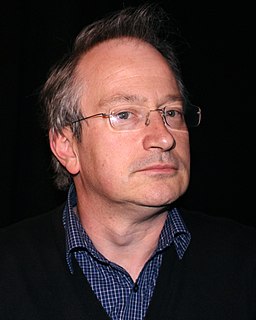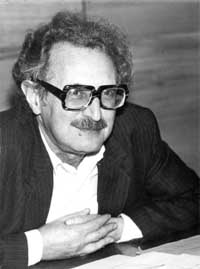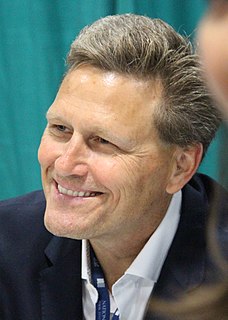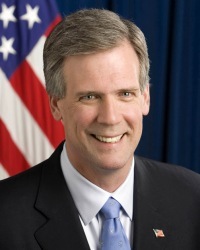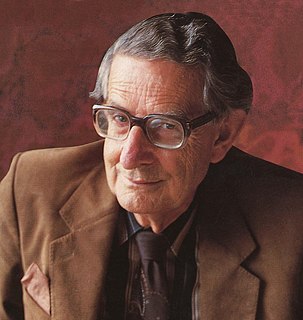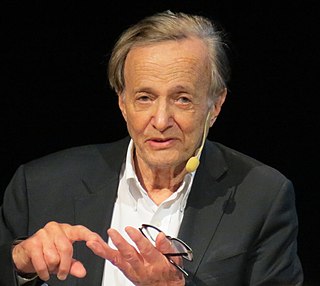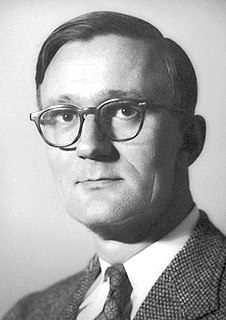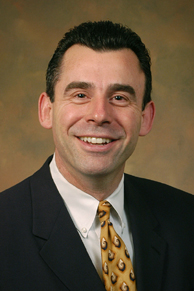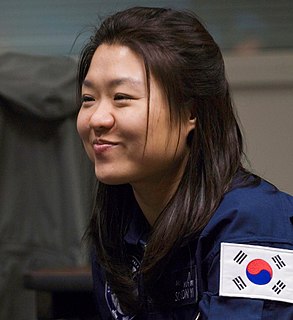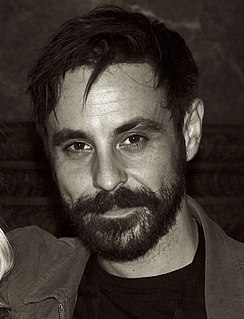Top 1200 Science Teacher Quotes & Sayings - Page 15
Explore popular Science Teacher quotes.
Last updated on December 5, 2024.
Science is rooted in the will to truth. With the will to truth it stands or falls. Lower the standard even slightly and science becomes diseased at the core. Not only science, but man. The will to truth, pure and unadulterated, is among the essential conditions of his existence; if the standard is compromised he easily becomes a kind of tragic caricature of himself.
Fears to look bad in front of other people, to say something wrong, to be laughed at - all those fears deprive us of half of our abilities. This is one of the main school problems. That teacher understands it, who can teach students to study without fear of the teacher, without fear of classmates, and, the most important, without fear of a subject.
Believe nothing, O monks, just because you have been told it, or it is commonly believed, or because it is traditional or because you yourselves have imagined it. Do not believe what your teacher tells you merely out of respect for the teacher. But whatsoever, after due examination and analysis, you find to be conducive to the good, the benefit, the welfare of all beings - that doctrine believe and cling to and take as your guide.
Medicine is the science by which we learn the various states of the human body in health and when not in health, and the means by which health is likely to be lost and, when lost, is likely to be restored back to health. In other words, it is the art whereby health is conserved and the art whereby it is restored after being lost. While some divide medicine into a theoretical and a practical [applied] science, others may assume that it is only theoretical because they see it as a pure science. But, in truth, every science has both a theoretical and a practical side.
Those whose thinking is disciplined by science, like all others, need a basis for the good life, for aspiration, for courage to do great deeds. They need a faith to live by. The hope of the world lies in those who have such faith and who use the methods of science to make their visions become real. Such visions and hope and faith are not a part of science.
When I was young, I went to college, had a teacher who was, had been a student of Trilling's at Columbia, this was in California. And he, I started reading him around that time, and then I went to Columbia as well, Trilling was still teaching there, I took a course with him. He was not a great teacher, but he was, when I was younger, he was a good model for the kind of criticism I wanted to do, because he thought very dialectically.
Thus science strips off, one after the other, the more or less gross materialisations by which we endeavour to form an objective image of the soul, till men of science, speculating, in their non-scientific intervals, like other men on what science may possibly lead to, have prophesied that we shall soon have to confess that the soul is nothing else than a function of certain complex material systems.
Rifkin's assertions bear no relationship to what I have observed and practiced for 25 years ... Either I am blind or he is wrong - and I think I can show, by analyzing his slipshod scholarship and basic misunderstanding of science, that his world is an invention constructed to validate his own private hopes ... Rifkin shows no understanding of the norms and procedures of science: he displays little comprehension of what science is and how scientists work.
I would teach how science works as much as I would teach what science knows. I would assert (given that essentially, everyone will learn to read) that science literacy is the most important kind of literacy they can take into the 21st century. I would undervalue grades based on knowing things and find ways to reward curiosity. In the end, it's the people who are curious who change the world.
My dad, who was a teacher, used to tell me that a teacher's goal should be for every one of their students to get an A. If that's your goal every day - to make every student or player learn - then it doesn't matter if you won last year or didn't win. When next year's team shows up, I try to help every player become as good as they can be.
The 'stream' we call science always flows forward; sometimes reactionary beavers block its flow, but the stream is never defeated by this; it accumulates, gathers strength; its waters get over the barrage and continue on their course. The advancement of science is the advancement of God, for science is nothing but human intelligence, and human intelligence is the most valuable treasure God has bequeathed us.
I define science fiction as the art of the possible. Fantasy is the art of the impossible. Science fiction, again, is the history of ideas, and they're always ideas that work themselves out and become real and happen in the world. And fantasy comes along and says, 'We're going to break all the laws of physics.' ... Most people don't realize it, but the series of films which have made more money than any other series of films in the history of the universe is the James Bond series. They're all science fiction, too - romantic, adventurous, frivolous, fantastic science fiction!
The most powerful influence exercised by the Arabs on general natural physics was that directed to the advances of chemistry ; a science for which this race created a new era.(...) Besides making laudatory mention of that which we owe to the natural science of the Arabs in both the terrestrial and celestial spheres, we must likewise allude to their contributions in separate paths of intellectual development to the general mass of mathematical science.
There are certain kinds of people who write science fiction. I think a lot of us married late. A lot of us are mama's boys. I lived at home until I was 27. But most of the writers I know in any field, especially science fiction, grew up late. They're so interested in doing what they do and in their science, they don't think about other things.
It's funny: I always, as a high school teacher and particularly as a high school yearbook teacher, because yearbook staffs are 90 percent female, I got to sit in and overhear teenage girl talk for many years. I like teenage girls; I like their drama, their foibles. And I think, 'I'll be good with a teenage daughter!'






